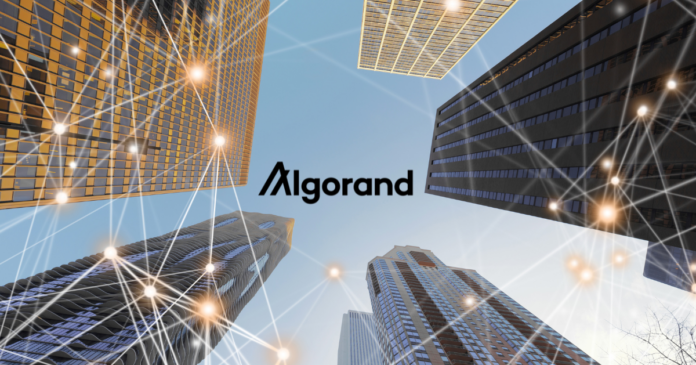The Algorand Foundation recently revealed that block creation time on the layer-1 blockchain has been slashed by 20% thanks to an updated protocol.
This takes the average block creation time on Algorand to less than three seconds. Let’s discover more about this important milestone.
Algorand Speeds Up with Block Time Update
The Algorand Foundation said the Dynamic Lambda (dynamic round times) update would result in quicker throughput and increased network speed.
Interestingly, block time data from Grafana shows that, since the update, the average block interval duration has remained around 2.9 seconds per block. Before the upgrade, block creation time on Algorand was around 3.3 seconds. In contrast, Ethereum’s block creation time currently sits at 12 seconds.
♟️Checkmate. We open 2024 with The Algorand Gambit, our technical roadmap for the year.
2024 marks a pivotal moment for Algorand—committed to permissionless blockchain infrastructure while setting new standards in performance and usability.
Read the full roadmap:… pic.twitter.com/DD0svU7ZlS
— Algorand Foundation (@AlgoFoundation) January 17, 2024
The Algorand Foundation also released its roadmap, which states that the dynamic round times will give the Algorand network the much-needed flexibility to improve its scalability and efficiency.
The successful deployment of the Dynamic Lambda update is no doubt a huge development for Algorand, as it unlocks fresh prospects for the network. This positions the network to draw in more users and developers searching for effective blockchain solutions.
Algorand Has More Updates on the Way
The Algorand roadmap reveals other notable updates aside from the dynamic round times. Some of the planned updates include support for the Python programming language, enhancements to the consensus mechanism, a transition to a peer-to-peer gossip network similar to Bitcoin, and an increase in the total number of non-archival relay nodes.
Non-Archival Relays
Algorand is transitioning a higher proportion of relay nodes to non-archival relay nodes.
This will make the network greener, more efficient, and significantly reduce operational costs.
Relay nodes will still operate, but will now function as a value-added… pic.twitter.com/QQF4TpkY9f
— Algorand Foundation (@AlgoFoundation) January 17, 2024
Algorand is home to hundreds of projects and applications, including non-fungible tokens (NFTs), decentralized finance (DeFi), etc. However, the recent technological update does not seem to have affected the price of ALGO.
ALGO currently trades at $0.177, a -7% price decline in the last 24 hours and a -12.64% price decline in the past 7 days.




























